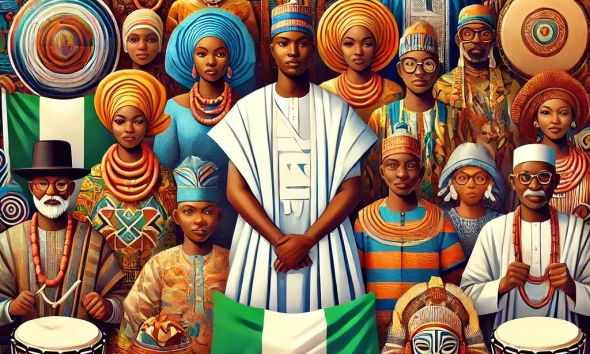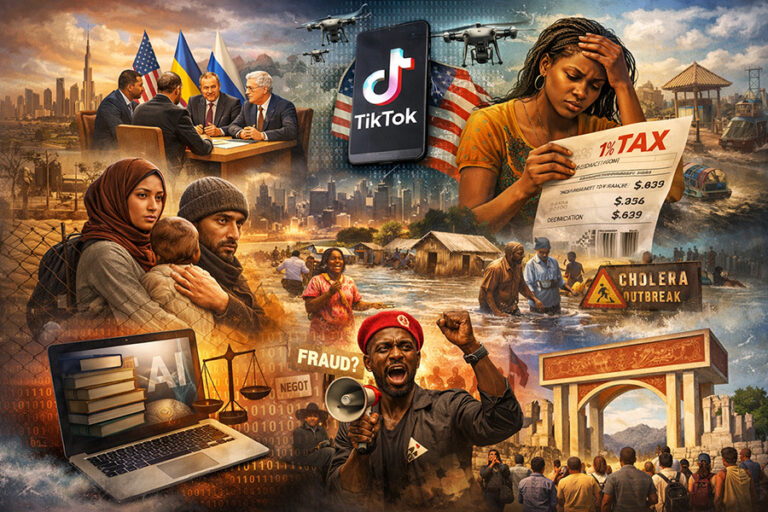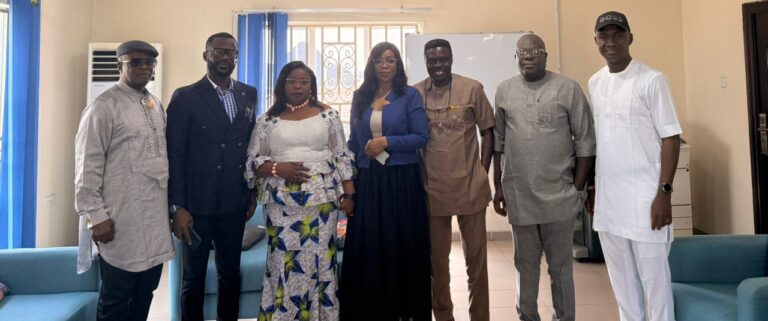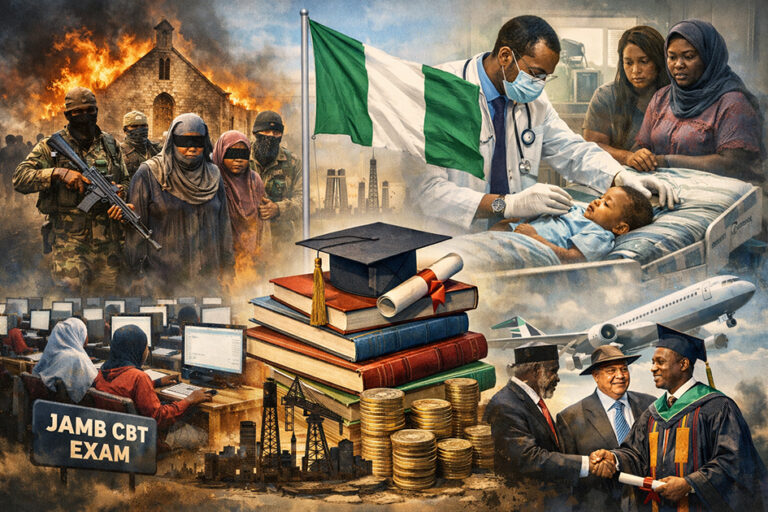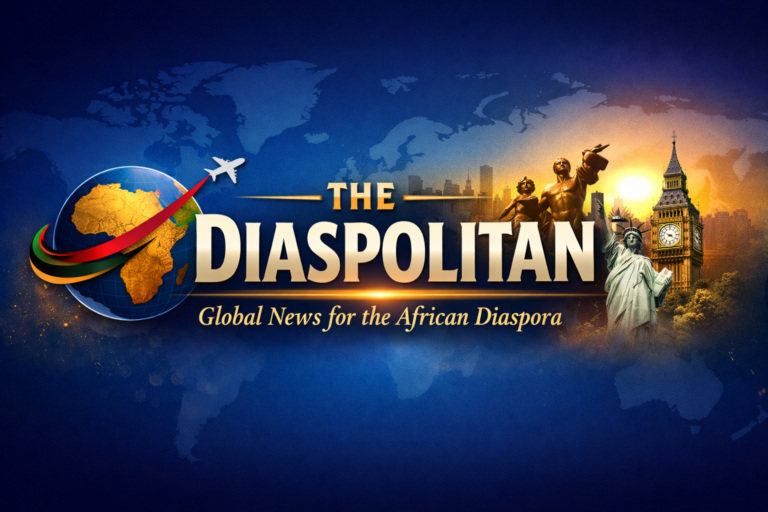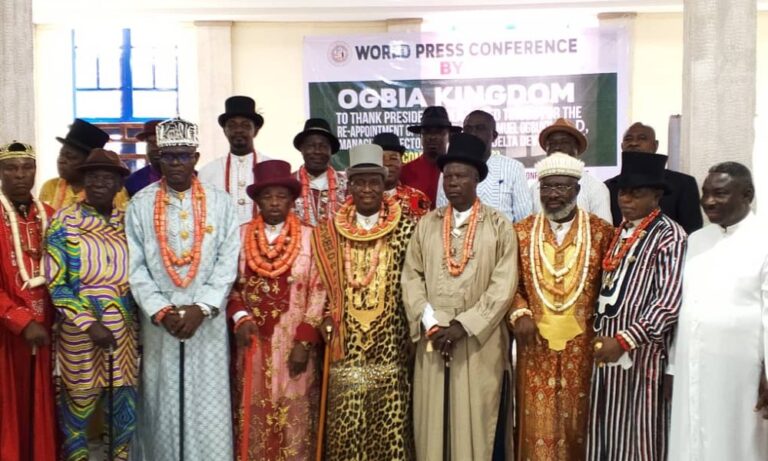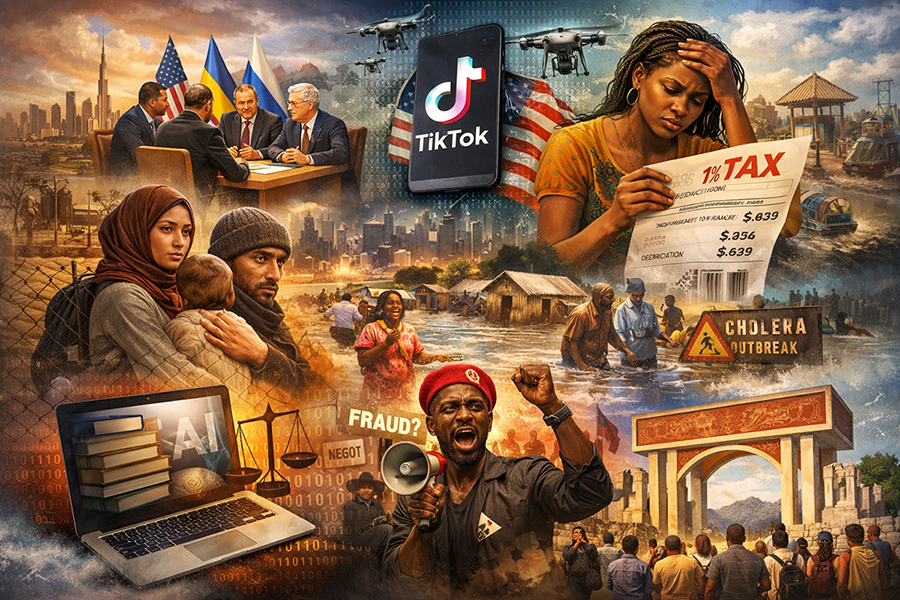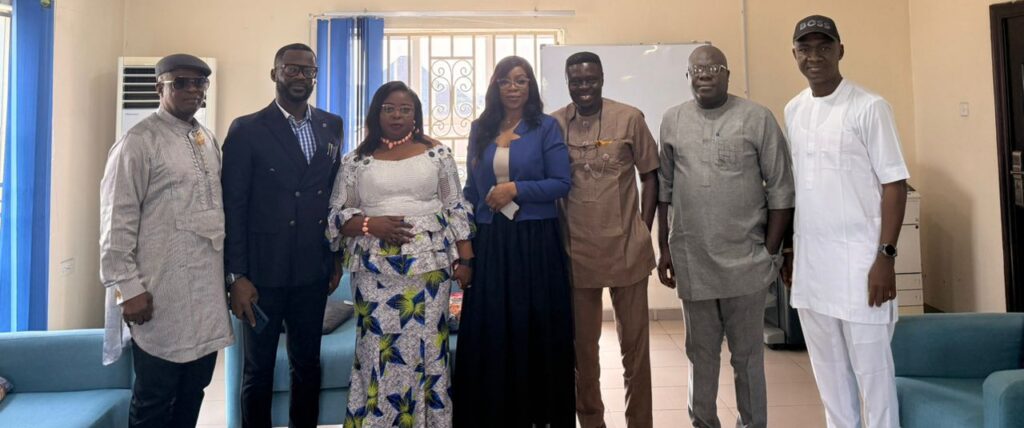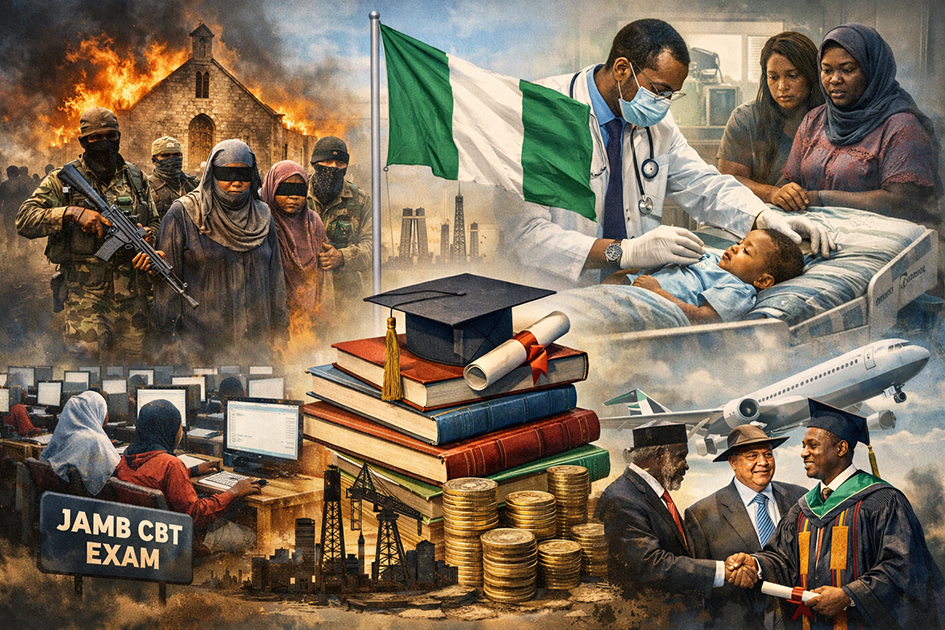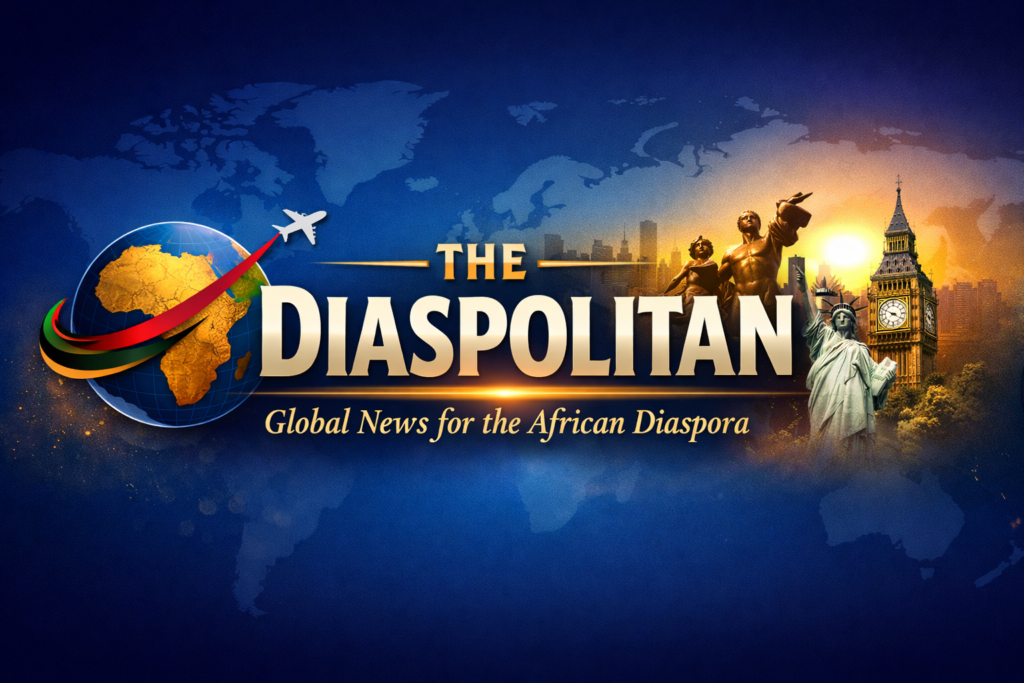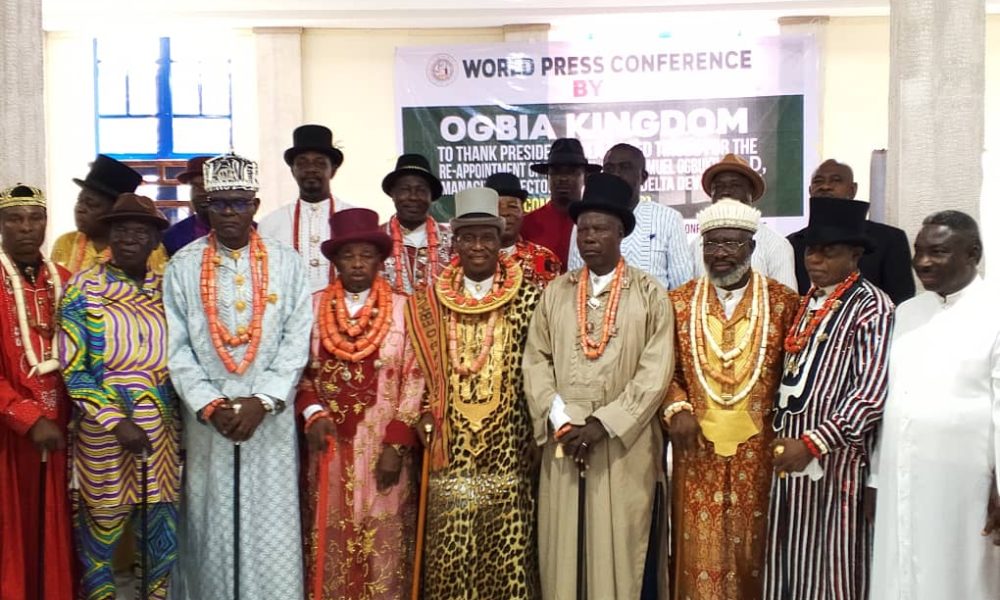Nigeria can fill a room of scholars with prospects of what is called, ‘Culture,’ given replicate cultural dialectics across the country.
Should we be asked the question, ‘Who is the Nigerian,’ could we not rather provide an answer for, ‘What is the Nigerian?’ Such, should be one of many answers for every respective ignorant or informed Nigerian, to bestow a sense of nationhood.
Nigeria is a vibrant geography with diverse culture, a strong sense of overcoming challenges and rich potential to fulfil global perception as a black power. However, the complex mechanisms of unity, identity and desired need for progress towards the stated, can only be envisioned by understanding the essential Nigerian person. There are themes that could shape such a Nigerian identity today, amidst ongoing socio-political changes and sometimes, combative cultural diversity.
Unity and National Identity are perhaps the most longstanding quests for Nigeria since independence from British colonial rule on October 1, 1960. Nigeria’s 250 plus ethnic groups and numerous languages may have become agreeable with English language of all shades helping articulate relationships across cultural, political, economic and neo-liberal Anglo-American circumstances or situations. And one is tempted to suspect Nigeria might actually be a China shop with a bull running through the four winds of the compass.
Therefore, the concept of crafting a unified Nigerian persona or identity can only be reemphasized. There lies the importance of fostering a sense of belonging and shared identity among diverse ethnic groups. As Olagbaju, Opeoluwa(5 (9): 63-67; 2015) Nigerian academic and researcher discusses: social change in Nigeria requires the understanding of socio-cultural, political, and economic transformations to bridge divides and foster unity.
What might well be Opeoluwa’s position is the deconstruction of colonial-era artificial identities to achieve national unity. By dismantling these imposed divisions, Nigeria can move towards a more inclusive and harmonious national identity. This seems to confirm the recent, ‘Hunger Protest!’ So, do Nigerians need vicissitudes to get identified as Nigerians; indeed, for the sole of purpose of having a popular will? In his essay “The Trouble with Nigeria,” Achebe emphasizes that Nigeria’s national identity is often tested by its social and political challenges. He suggests that collective experiences of conflict and hardship can instill a sense of unity and purpose among Nigerians, thereby shaping their national identity.
Nigeria can fill a room of scholars with prospects of what is called, ‘Culture,’ given replicate cultural dialectics across the country. The problem is whether all scholars in attendance would offer equal recognition for all those Nigeria’s diverse cultural experiences. Really, towards finding that important mutual and crucial national inclusion and cohesion.
A retrospect may be right about Ayodele Haruna Mustapha’s (Mustapha, A. H. (11(2), 35-54, 2020) seeming unsuccessful conviction of Nigerians that Nigeria’s foreign policy and effective diplomacy given its role in regional integration, can best be achieved from national unity. That seems like counselling, ‘Sort thyself, before others;’ to calm any disgruntled inconsequential. Those that would otherwise have helped foster inclusiveness, respect and understanding. This advocates for social justice to address socio-economic disparities, transcending tribal and geographical ignorance in Nigeria.
The equitable distribution of resources and opportunities based on national need, meritorious skills and experience and integrity, becomes real factors to achieve national before regional integration. Therefore, equal opportunities will use skills and rounded education. Such a national agenda would emphasize historical thrust, envisioning a collective into the next decades to melt ethnic and cultural divides.
Nigerian’s protests against misgovernance and hunger reveal cultural disrespect and social injustice. They profess unity and inclusivity as national identity. Accordingly, the Nigerian archetype persona can be woven from diverse cultural threads, historical legacies and current collective quest to overcome challenges. Shared objections may almost always happen, but social justice is always likely to bridge ethnic and regional divides, fostering a collective national vision and identity.
Really, being Nigerian means embracing diversity, fostering understanding, striving for social justice and exercising legitimate influence for regional and global presence. Now, ‘Who is a Nigerian?’


